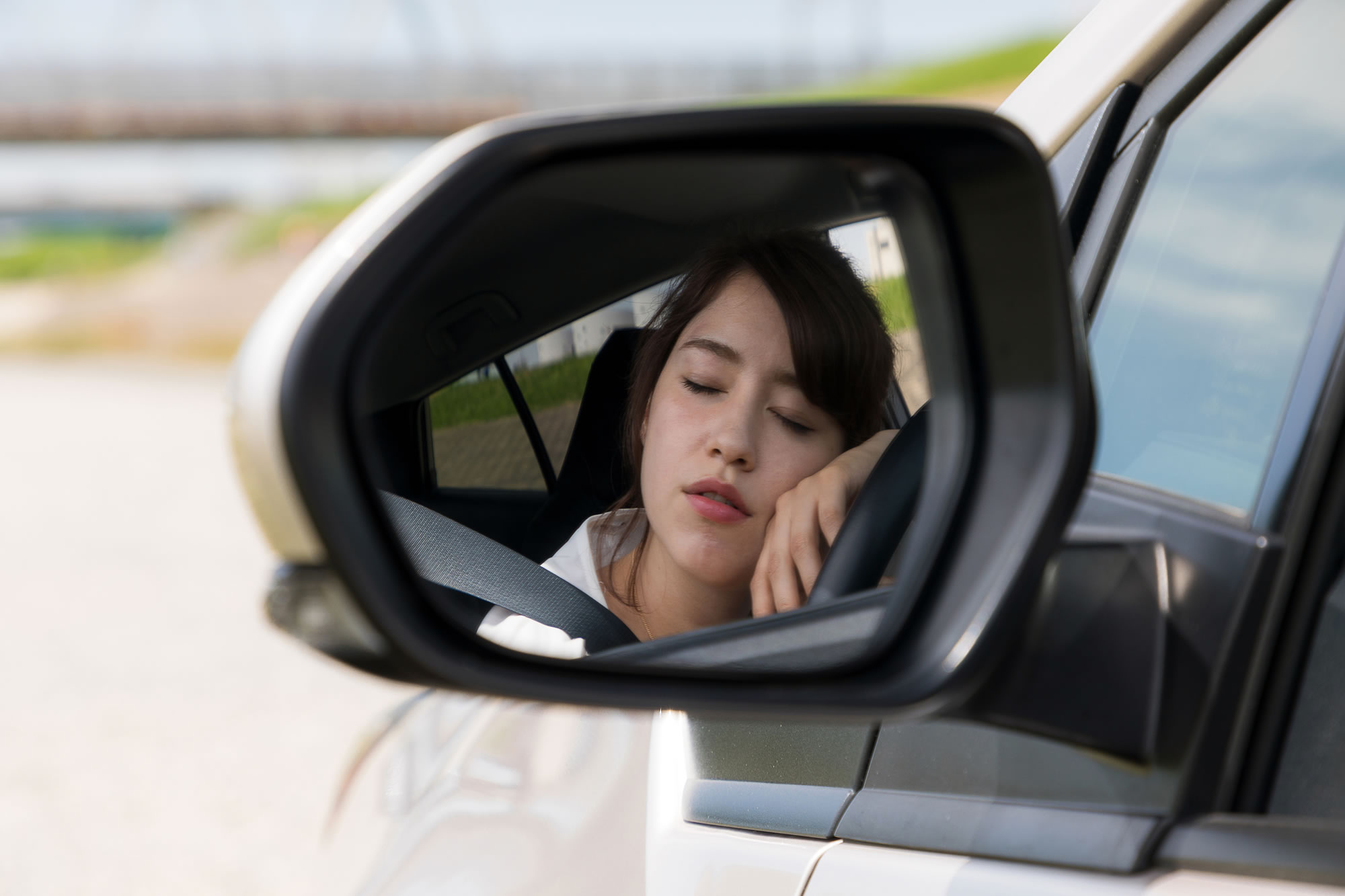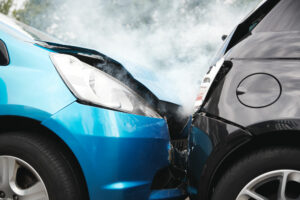Daylight saving time is coming. That means a little more sunshine at the end of the day but a little less sleep for some. And when you put a bunch of tired drivers behind the wheel of a car, you have a dangerous recipe for accidents and crashes.
When that clock springs forward, we gain an hour of sunlight in the evening but lose an hour of sleep the night before. That often throws our sleep patterns out of whack and has a negative effect on the Monday morning commute. Studies show an uptick in the number of fatal car crashes on the Monday after the time change – some by as much as 17%.
Many of us are already overtired or sleep-deprived so another hour of lost sleep is hard to take. But there are a few things you can do to prepare for the change and reduce your risk of a crash.
First off, be aware of the time change and be prepared for it. That means getting to bed earlier than usual. Some people take more time to adjust than others. You know your own body and how you react to the change so get plenty of sleep and be rested and ready.
That hour difference also means the sun is rising later. In Vancouver, the 6:30 a.m. sunrise on Friday becomes a 7:30 a.m. sunrise on Monday. Depending on when you start your regular commute, conditions may be darker than in the previous week. Make sure your lights are working and clear from dirt and if you bike, that you have lights and reflectors.
On the Monday commute itself, be aware that others around you may be drowsy. Take extra caution when you’re in traffic, whether you’re driving, biking, or walking. Pay special attention to going through intersections. Mondays are hard enough, but with a little preparation and a lot of attention, you can spring forward with few problems.
For more information
- Another reason to hate daylight saving time: car crashes, Vox
- Deadly car crashes spike after changing clocks for Daylight Saving Time, Telegram.com
- Daylight Savings Time and Traffic Accidents, New England Journal of Medicine







